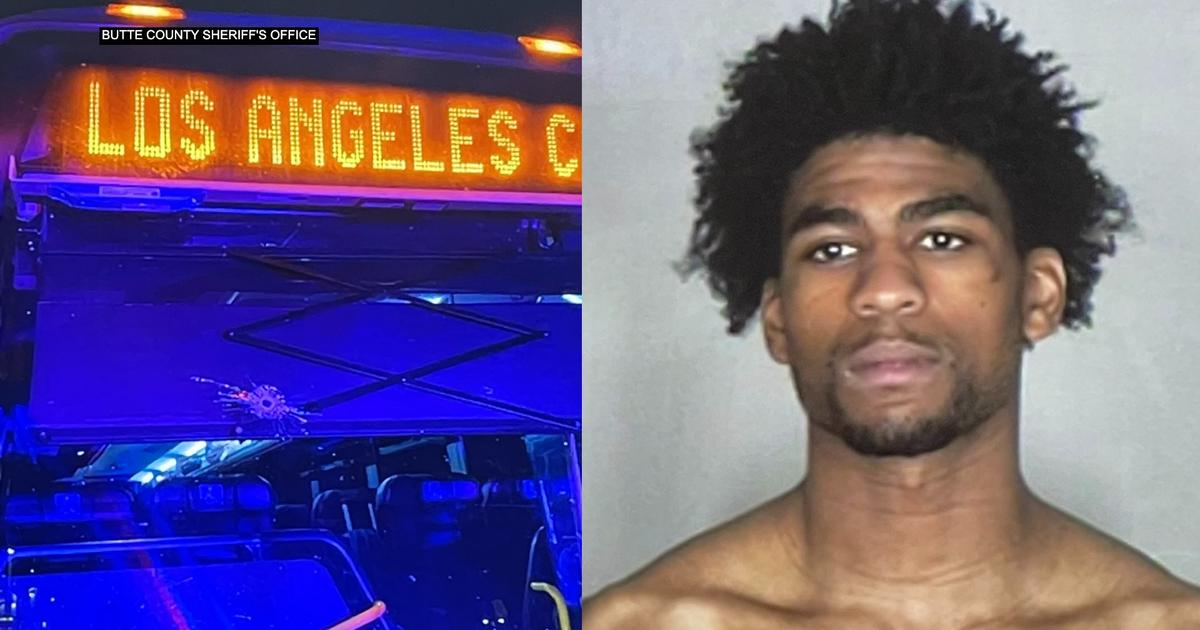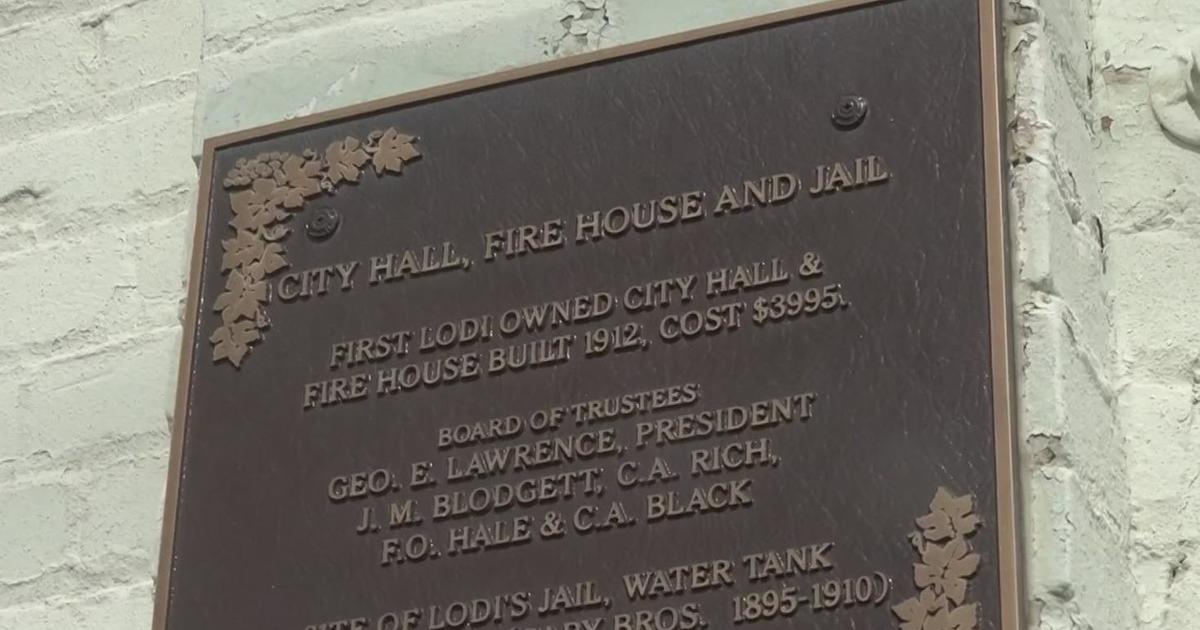Court: Texting Photos Of Genitals Not Indecent Exposure
DES MOINES, Iowa (AP) - The Iowa Supreme Court ruled Friday that text messaging a photo of one's genitals to another person is not indecent exposure under state law.
The court ruled found that to meet the definition of the Iowa law as written, such an offensive display must be done in the physical presence of the offended person.
"While we acknowledge that one can be offended by a sexually explicit image transmitted via text message, it is much easier to 'look away' from that image than it is to avoid an offensive in-person exposure," the court said.
Sending an unwanted photo of one's genitals to another adult who finds it offensive could still lead to a harassment charge, but that is a simple misdemeanor under Iowa law.
The ruling dismisses an indecent exposure charge against a 55-year-old Jesup man who stalked a woman for months after meeting her at her workplace in 2014.
Jose Willfredo Lopez continued to contact the woman although she resisted him. She eventually agreed to meet him at restaurants for food and drinks several times but asked him to stop contacting her after rejecting his offers to meet at hotels.
She obtained a no-contact order in April 2015, after Lopez entered her home twice without her permission and persistently texted and called her. Two months later he texted to her a picture of his hand around his erect penis with the message "me in my glory" and said he would visit her at home in Independence on Aug. 1. She contacted the sheriff's department and a deputy arrested Lopez at her home peering through a window.
Lopez was charged with stalking and indecent exposure related to the text message photo. After conviction, a judge sentenced him to up to five years in prison for stalking. On the exposure charge he was given a year in jail and was required to serve 10 years of parole or work release, at the discretion of the Iowa Department of Corrections, after his release from custody. Since the court ordered the indecent exposure charge dismissed, he will not serve the sentences for that offense.
Iowa Department of Corrections records show he's in prison for the stalking conviction with eligibility for release as early as this spring.
Lopez appealed his conviction saying his attorney inadequately represented him by failing to challenge the indecent exposure conviction. The court agreed and considered the case, saying it has never before addressed whether indecent exposure can apply to electronic communication.
The court concluded that if the Iowa Legislature intended electronic images to fall under the indecent exposure statute it would have said so.
The justices specified that their ruling applies only to the electronic transmission of still images and does not address video transmission through programs like Skype and FaceTime.
A spokesman for the Iowa Attorney General's office said it wasn't immediately clear how many other similar cases may be affected by the ruling and it will likely change the way future indecent exposure cases like this are prosecuted.
The state appellate defender representing Lopez and prosecutors in the Buchanan County attorney's office did not immediately respond to messages. The spokesman for the attorney general declined to comment on the record.
States vary in their application of indecent exposure laws.
The Missouri Court of Appeals in 2004 concluded that indecent exposure can be committed through transmission of an electronic image the Montana Legislature in 2015 updated that state's indecent exposure law to include electronic transmission of images.
The Maine Supreme Court found in October that a man who sent five teen-age girls images of his genitals could not be convicted of indecent conduct.
Copyright 2018 The Associated Press.



